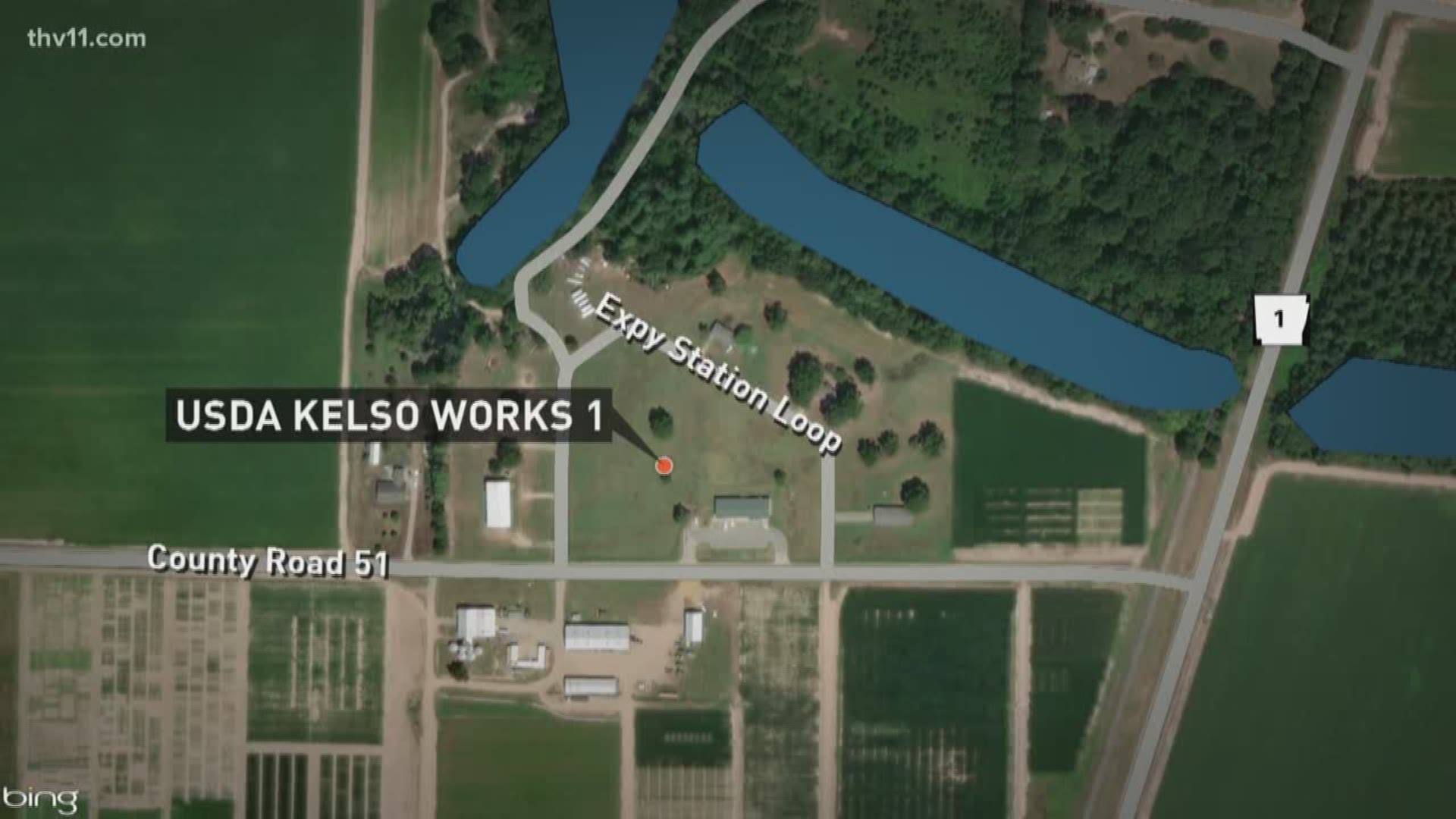An official with the Department of Health and Human Services confirmed that the department will be visiting an unused federal property in Kelso as a potential site to house immigrant children temporarily.
The site will be assessed by the United States Department of Agriculture to see if the site is "suitable for HHS to temporarily provide shelter for unaccompanied alien children at some point in the future."
HHS officials are also visiting the Little Rock Air Force Base as another location for temporary shelter.
"HHS will make the determination if it will use either of the the two sites for UAC operations," the department said in a statement.
Several Arkansas legislators have come out against housing immigrant children in Arkansas.
Representative French Hill said that he supports President Donald Trump's executive order keeping families together, but said that "these children belong with their parents at the border, not hundreds of miles away at the Little Rock Air Force Base or other locations in Arkansas." He also said he's working with other legislators to "provide a permanent, legislative, and compassionate solution."
Clarke Tucker, who is challenging Rep. Hill for the Second Congressional District, agreed saying, "The fact that we would even need to discuss additional facilities to take care of the thousands of children being taken from their families is incomprehensible to me."
Rep. Rick Crawford on Twitter asked, "How is a tent city on a flood plain in [southeast] Arkansas more appropriate than a tent city on the border?"
"There is not yet a path forward to reuniting children with their families, and now Arkansas's leaders are standing by as the federal government works to keep those children minutes from where Arkansas's Japanese-American internment camps once were," said Jared Henderson, the Democratic candidate for Governor. "I cannot stay silent as our history repeats itself, and I hope our governor cannot either."
Kelso is about three miles north of Rohwer in southeast Arkansas, where the U.S. government interned 8,000 Japanese-Americans between 1942 and 1945.

